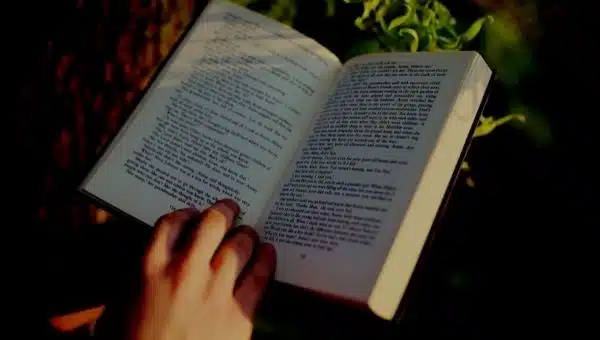Writers probably put more effort into naming their characters than most parents do into naming their child. It’s nearly an unending process – looking for names, seeing if they fit, changing the, and repeat. But it’s also an exhilarating process, and when you find the perfect name which just fits, it’s one of the most sublime feelings ever. But how do you reach the fruition of this arduous process? How to choose name of characters in stories? Well here are a few ideas and tips to help you out and name your fictional character.
How To Choose Name of Characters In Stories | Name Your Fictional Character –
Don’t have to be very unique or difficult
Writers nowadays are constantly on the lookout for names that are so unique and never heard of that they compromise on the memorability of the name. A name that readers have not encountered before is less likely to stay in their memory than a name they have. Thus, by choosing names that are obscure, one must be careful to see that they’re easy enough to remember. It’s important to remember that the name of the character does not make him or her unique, the way his or her personality is crafted by the writer does.
It shouldn’t be too common either
The flipside of the previous point is also true – names that are too common feel commonplace. One of the first impressions in the book we have of a character is his or her name. And when this first impression is that the name is very common, regular and non-special, it reduces the excitement of the reader. It makes the reader subconsciously generalize this commonality and lack of excitement to the personality of the character. This in turn means that the reader does not invest as much in the character.

Keep the setting in mind
The sensibility of time and place is crucial to any work of art. A book that takes place in the 1700s or 2700s cannot have the same character names as a book that takes place in current times. The trends in names of people change approximately with every generation, so cohort must be kept in mind while selecting names. The same goes with places as well. Different places have different characteristic names. For instance, Germans have a lot of ‘w’s in their name while Bengalis have a lot of ‘b’s and ‘o’s in their names.
Can allude to certain distinctive qualities or central traits
Of course, the character names should have some inherent significance. If, for instance, you name your character Jane, your readers are going to immediately think of her as ‘plain’ due to the popular idiom ‘plain Jane’. Similarly, you are subconsciously influencing your reader’s perceptions of the characters through their names. The names speak to readers and prompt them to think of the characters in a certain way, putting them in a certain mindset. It’s thus important to use names that have a semantic significance to the personality of characters.

Should be in sync with the mood, tone and writer’s process
It’s extremely important for the names of characters to feel authentic to the writing process. If it feels contrived and artificial, it’s highly likely that readers will catch up on the fact. Using names that instinctively feel ‘right’ or ‘suitable’ usually flow well too. Just like most other aspects of writing are intuitively appropriate, this is too. This is also because what instinctively feels right also fits in with the mood and tone of the book. A peppy name like ‘Joy’ or ‘Hope’ may perhaps be unsuitable and even detrimental for a dark or gothic book or even a horror novel. Similarly, a serious name like ‘Artemis’ or ‘Alethea’ may be unsuitable for a farcical comedy. Usually, however, the latter is more acceptable than the former.
Also Read: 15 Best Writers of the 19th Century | Top 15 Authors from 19th century




